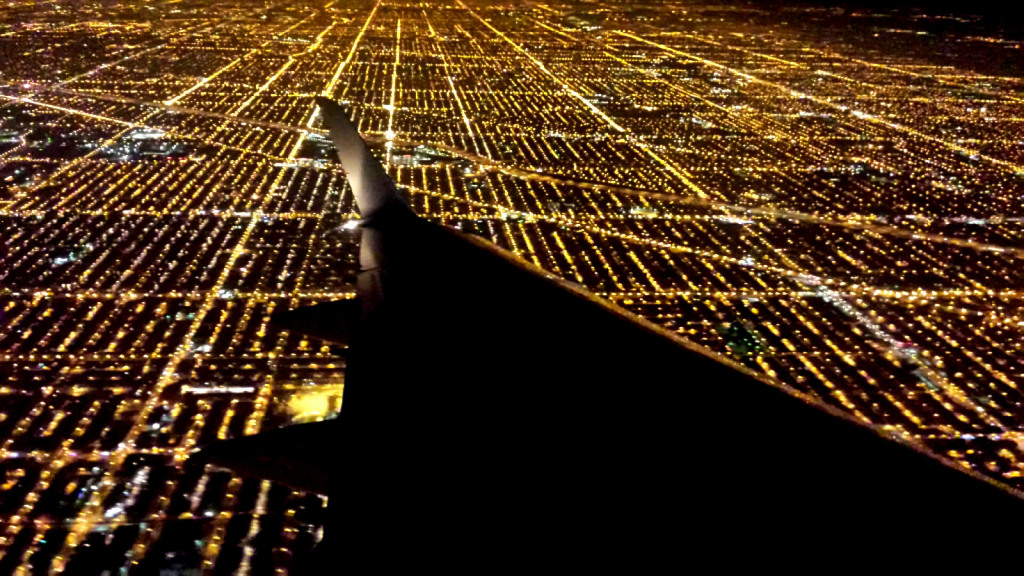When The Biggest U.S. Airlines Try To Compete With Low-Cost Carriers, Travelers Win
American, Delta, and United are all responding to moves by the likes of Spirit and Frontier, which offer fares on the cheap in exchange for charging fees for things like printed boarding passes and seat assignments. Spirit has been growing in scope, doubling its seats in Chicago since 2012, and added 27% in Dallas notes the Wall Street Journal, while another cheaper option, Southwest, has grown its capacity in Dallas.
The Big 3 are taking note: instead of avoiding broad fare battles with their low-cost rivals, they’re responding more aggressively now that fuel is so cheap. For example, a round-trip flight from Chicago’s O’Hare International Airport to New York’s LaGuardia Airport starting out Jan. 5 and returning Jan. 14 was $87.19 on Spirit, $116.20 on United, $136.20 on American and $206.20 on Delta.
An associate from a firm that tracks about 300 big domestic routes from the three largest airlines estimates that the lowest leisure fares in late December were down 24% on average from a year ago. In Chicago prices were down even more at 54%, while Philadelphia saw a 48% drop and Dallas fares dipped 40%.
For the entire year, prices didn’t drop quite as dramatically: a study by Expedia and Airlines Reporting Corp found that most North American economy-class ticket prices fell 5% through the first 10 months of 2015 compared to the same period a year before.
Southwest wasn’t included in the study, but told the WSJ its average one-way fare dropped 4% in the third-quarter over last year.
But although the big carriers have been under pressure by politicians, the government, and consumer groups who claimed they were colluding to keep fares high, executives say they’re just responding to market dynamics.
“We are being price competitive really across the board,” Scott Kirby, president of American told the WSJ. “And that has been an evolution.”
He noted that the company’s response to discounters is now “more comprehensive” than the former “hit or miss approach,” because 87% of its customers — representing half of American’s revenue — fly once a year or less and are very sensitive to price. That group can’t be ignored, he says.
United’s chief revenue officer Jim Compton said recently as well that his airline felt the heat after American started trying to price-match Southwest — which operates out of Chicago’s Midway Airport — by cutting fares at O’Hare.
“Once a large competitor does that, it’s a lot of inventory at O’Hare that’s exposed competitively,” he said.
For its part, Delta has been offering “Basic Economy” fares on some routes that overlap with discounters as a defensive move, the company’s chief revenue officer Glen Haunstein says. Those low fares are now available on about 450 routes.
Airlines Challenge Low-Cost Foes on Fares [Wall Street Journal]
Want more consumer news? Visit our parent organization, Consumer Reports, for the latest on scams, recalls, and other consumer issues.


